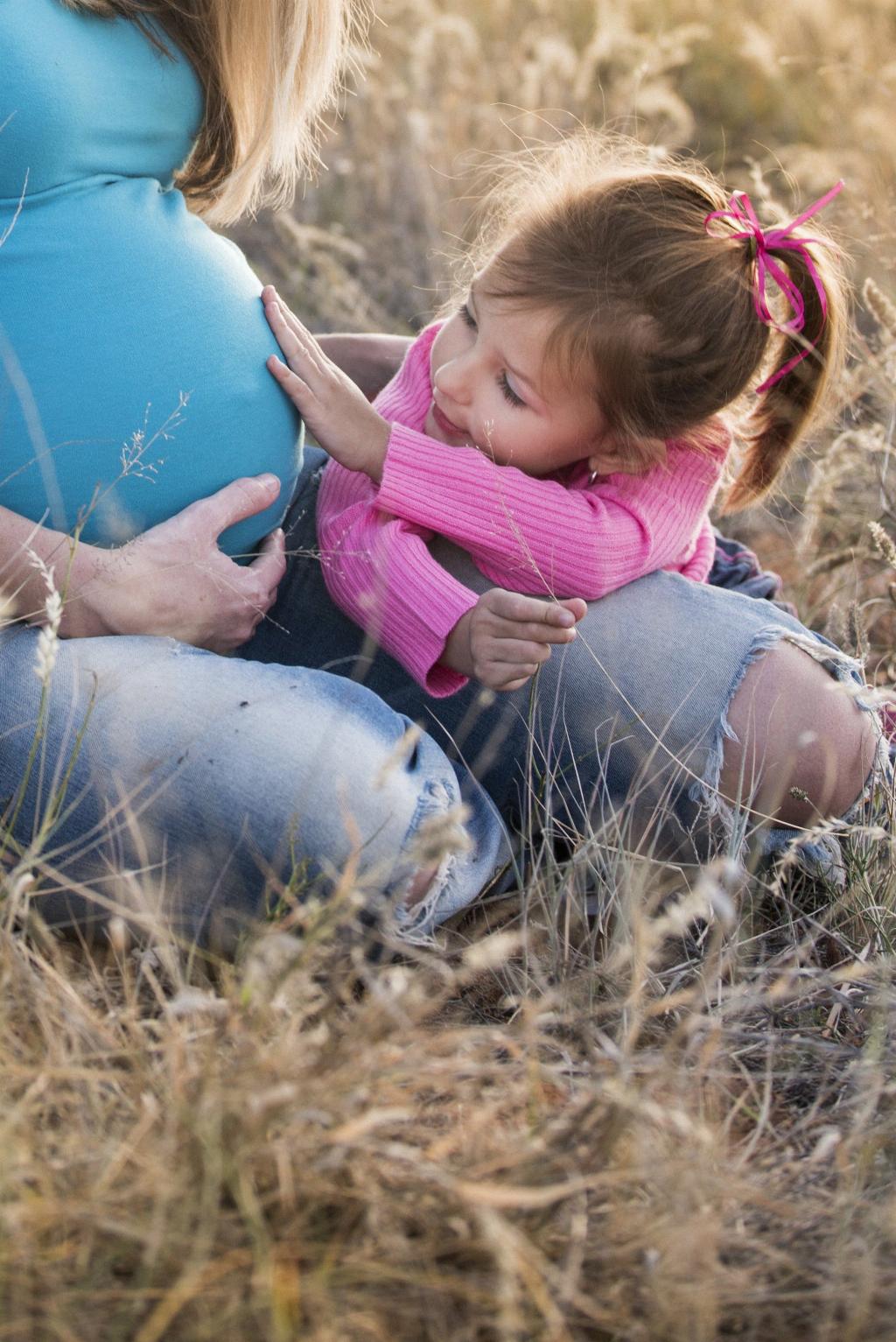Postpartum endometritis is a type of infection that affects the lining of the womb. This infection can occur in the weeks following childbirth, with cases reported up to six weeks after the delivery. Notably, postpartum endometritis is more commonly observed after caesarean section (C-section) births compared to vaginal deliveries. While this infection is relatively rare, it is crucial to be aware of its symptoms and risks, especially in the weeks following a C-section.
Common Symptoms to Look Out For
One of the key indicators of postpartum endometritis is an increase in body temperature. Women who develop this infection may experience a fever, often accompanied by general feelings of illness and fatigue. Additionally, tummy pain is a common symptom, which can range from mild discomfort to severe cramping. Another sign to watch for is heavier vaginal bleeding than what is typical during the postpartum period.
Prevalence and Risk Factors
While postpartum endometritis is not a frequent occurrence, it poses a higher risk in women who have undergone a C-section delivery. The surgical procedure associated with a C-section can increase the likelihood of developing this infection due to the introduction of bacteria into the uterus. It is essential for individuals who have had a C-section to be vigilant about monitoring any changes in their postpartum recovery.
Significance of Prompt Treatment
Timely intervention is critical in managing postpartum endometritis. If left untreated, this infection can lead to more severe complications and prolong the recovery period for new mothers. Antibiotics are typically prescribed to address the bacterial infection and alleviate the symptoms associated with postpartum endometritis. Seeking medical attention as soon as symptoms arise is paramount in ensuring a successful recovery.
Monitoring and Follow-Up Care
Following a C-section, it is essential for individuals to stay diligent in monitoring their postoperative health. Regular postpartum check-ups with healthcare providers can help detect any potential infections or complications early on. Communicating any concerns or changes in symptoms to medical professionals promptly is crucial for receiving appropriate care and guidance throughout the recovery process.
Understanding the Recovery Process
Recovering from a C-section involves allowing the body time to heal and regain strength after childbirth. Postpartum infections such as endometritis can disrupt this process and potentially delay the return to normal activities. By following healthcare provider recommendations, including taking prescribed medications and practicing good hygiene, individuals can support their recovery and minimize the impact of infections.
Preventive Measures and Self-Care
While it may not always be possible to prevent postpartum endometritis entirely, there are steps individuals can take to reduce their risk of infection. Practicing proper wound care, maintaining good hygiene practices, and attending follow-up appointments as advised can help lower the chances of developing complications after a C-section. Engaging in self-care activities and prioritizing rest can also aid in the recovery process.
Emotional Support and Well-Being
Recovering from a C-section and managing postpartum endometritis can be physically and emotionally challenging for new mothers. It is essential to seek support from loved ones, healthcare providers, or support groups to navigate this transitional period. Addressing emotional well-being and taking time to care for oneself can contribute to a smoother recovery and overall postpartum experience.
Educational Resources and Information
Accessing reliable and accurate information about postpartum recovery, C-sections, and potential infections like endometritis can empower individuals to make informed decisions about their health. Utilizing educational resources provided by healthcare professionals or reputable sources can further enhance awareness and preparedness for the postpartum journey.
Conclusion
In conclusion, postpartum endometritis is a significant concern for individuals who have undergone a C-section delivery, with the potential for infection to manifest weeks after childbirth. Recognizing the symptoms, seeking prompt medical treatment, and prioritizing postoperative care are vital steps in addressing and managing this condition. By staying informed, proactive, and responsive to changes in health, individuals can navigate the postpartum period with greater confidence and well-being.

